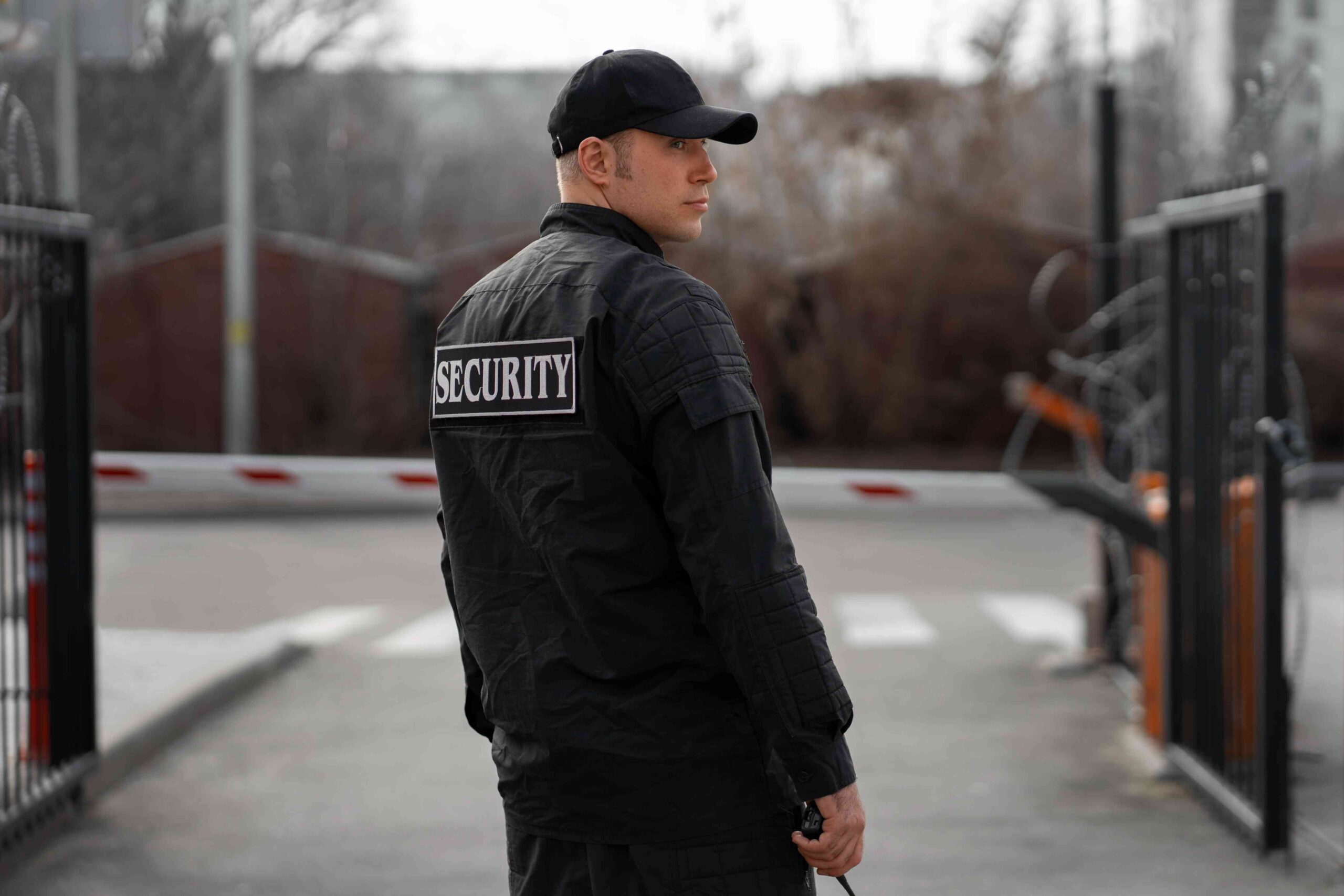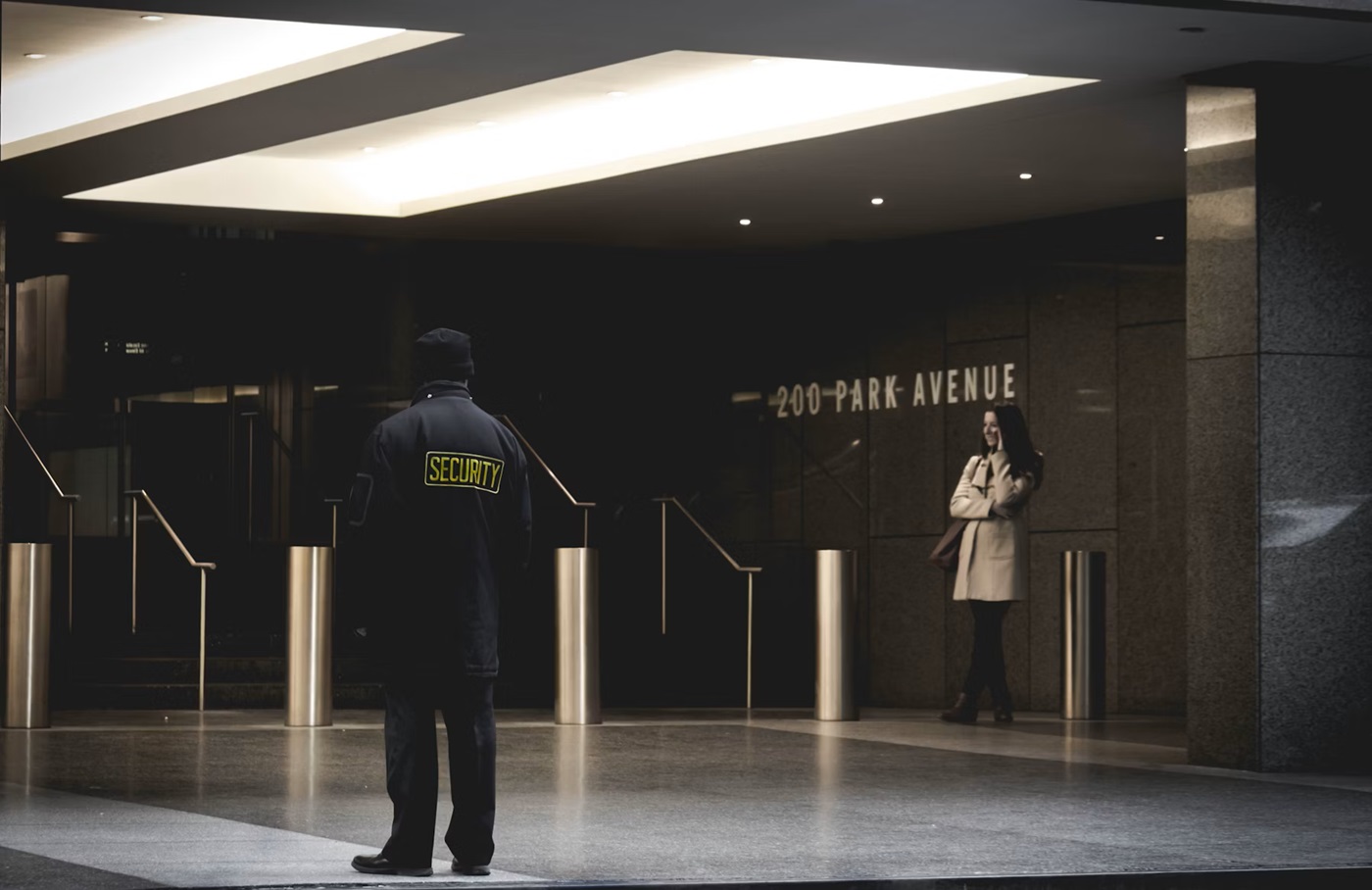In today’s unpredictable world, emergency preparedness is paramount for ensuring the safety and security of communities and businesses. Mobile patrol security guards play a critical role in emergency response, as they are often the first line of defense when crisis situations arise. From natural disasters to security breaches, these guards must be trained and equipped to handle a wide range of emergencies with professionalism and efficiency. This article explores the principles of emergency preparedness for mobile patrol security guards, detailing their roles, responsibilities, and strategies for managing crisis situations effectively.
Understanding Emergency Preparedness:
Emergency preparedness refers to the proactive measures taken to mitigate risks, respond to emergencies, and safeguard lives and property. For mobile patrol security guards, emergency preparedness involves comprehensive training, effective communication, and the ability to adapt quickly to changing circumstances. By being prepared for various types of emergencies, security guards can minimize the impact of crises and ensure the safety and well-being of those under their protection.
Roles and Responsibilities:
1. Incident Assessment:
– When faced with an emergency situation, mobile patrol security guards must quickly assess the nature and severity of the incident. This involves gathering information, evaluating potential risks, and determining the appropriate course of action to mitigate the impact of the emergency.
2. Emergency Response:
– Mobile patrol security guards are trained to respond swiftly and decisively to emergency situations. Depending on the nature of the crisis, their response may involve evacuating individuals from danger, providing first aid or medical assistance, or securing the area to prevent further harm.
3. Communication:
– Effective communication is essential during emergencies to ensure that critical information is relayed promptly and accurately. Mobile patrol security guards use two-way radios, mobile phones, and other communication devices to coordinate response efforts and relay updates to relevant stakeholders, including law enforcement, emergency services, and management personnel.
4. Crowd Control:
– In situations where large crowds are involved, such as during events or public gatherings, mobile patrol security guards are responsible for maintaining order and facilitating safe evacuation procedures. They use crowd control techniques to manage crowds effectively and prevent panic or chaos from escalating the situation.
5. Property Protection:
– Protecting property from damage or theft is another important responsibility of mobile patrol security guards during emergencies. They may secure doors, windows, and entry points to prevent unauthorized access, as well as monitor surveillance cameras to detect any suspicious activity.
Strategies for Emergency Preparedness:
1. Training and Education:
– Comprehensive training is essential to ensure that mobile patrol security guards are prepared to handle various emergency scenarios. Training programs cover topics such as emergency response procedures, first aid and CPR, fire safety, and crisis communication techniques.
2. Scenario-Based Drills:
– Scenario-based drills simulate realistic emergency situations and allow security guards to practice their response skills in a controlled environment. These drills help build confidence, improve decision-making abilities, and identify areas for improvement in emergency preparedness plans.
3. Collaboration with Emergency Services:
– Establishing partnerships with local emergency services, such as fire departments, paramedics, and law enforcement agencies, is crucial for effective emergency preparedness. Mobile patrol security guards collaborate with these agencies to coordinate response efforts and ensure a unified approach to managing crises.
4. Access to Resources:
– Mobile patrol security guards must have access to essential resources and equipment to support their emergency response efforts. This includes first aid kits, fire extinguishers, flashlights, two-way radios, and other emergency supplies needed to address various types of emergencies.
5. Regular Maintenance and Inspections:
– Regular maintenance and inspections of security equipment, such as surveillance cameras, alarms, and emergency lighting systems, are necessary to ensure their functionality during emergencies. Mobile patrol security guards conduct routine checks to identify any issues and address them promptly to maintain readiness.
Case Study: Effective Emergency Response by Mobile Patrol Security Guards
Let’s consider a hypothetical scenario where a commercial office building experiences a fire alarm activation during working hours. Mobile patrol security guards stationed onsite immediately spring into action:
- Incident Assessment: Upon receiving the fire alarm notification, mobile patrol security guards quickly assess the situation by checking the building’s fire alarm panel to determine the location of the alarm activation and whether it’s a genuine emergency or a false alarm.
- Emergency Response: Assuming it’s a genuine emergency, the security guards follow established protocols for evacuating the building. They alert occupants by activating the building’s fire alarm system and proceed to assist with the evacuation, ensuring that everyone exits the building safely.
- Communication: While evacuating occupants, mobile patrol security guards use two-way radios to communicate with each other and relay updates to the building’s management team and emergency services. They provide information about the situation, the number of occupants evacuated, and any assistance required.
- Crowd Control: During the evacuation process, mobile patrol security guards manage crowds and direct occupants to designated assembly areas outside the building. They maintain order, prevent panic, and ensure that everyone follows evacuation procedures to minimize the risk of injuries or incidents.
- Property Protection: As occupants evacuate the building, mobile patrol security guards conduct a final sweep to ensure that no one is left behind and that all areas are clear. They also secure entry points to prevent unauthorized access and coordinate with fire department personnel to facilitate their access to the building.
Conclusion:
Emergency preparedness is a fundamental aspect of mobile patrol security, requiring thorough training, effective communication, and the ability to respond swiftly and decisively to crisis situations. By understanding their roles and responsibilities, implementing proactive strategies, and collaborating with emergency services, mobile patrol security guards can mitigate risks, protect lives and property, and ensure the safety of those under their protection. In an unpredictable world, effective emergency preparedness is essential for maintaining security and safeguarding communities and businesses against potential threats.




